The development of hydrogen storage and generation materials, based on magnesium hydride, and optimization of hydrogen supply systems for fuel cells
Stage 1. “Synthesis of experimental samples of nanocomposites, based on magnesium hydride, and investigation of their properties”
The area of application of new materials
The composites, based on magnesium or its hydride are promising materials for storage and generation of hydrogen in hydrogen supply devices as part
of autonomous energy systems, based on portable fuel cells. The devices for storage and transportation of energy from renewable sources are made of
hydrogen source, coupled with fuel cell.
Magnesium-based hydride composites as materials for hydrogen supply can be used in rechargeable hydrogen storage devices.
The same composites with catalytic additives can be used in hydrolysis hydrogen generators as well. Hydrogen supply devices with fuel cells can be
used as main power units for generation of electricity and heat in remote areas.
Short description and project tasks
The main task is synthesis of experimental samples of Mg-IMC nanocomposites with different content of IMC as a catalytic additive.
Different inert additives (modifications of carbon) will be used in order to decrease the agglomeration of MgH2 particles during sorption-desorption processes.
Complex composites Mg-IMC-C will be produced from ukrainian raw materials and tested in hydrogen storage device (see Fig. 1-2).
New materials (magnesium hydride with catalytic additives) will be synthesized for subsequent hydrogen generation via hydrolysis reactions (see Fig. 3-4).
An influence of nanostructuring on the effectivity of hydrolysis reactions will be studied and pilot hydrogen generator based on magnesium hydride as a
supply for fuel cells will be constructed. Different modes of operation of the reactor will be tested. The investigation of hydrogen sorption-desorption
from gas phase will be of particular importance. Composite materials with capacity >5 wt.% hydrogen will have improved parameters of sorption-desorption
and their cycling stability will be investigated.
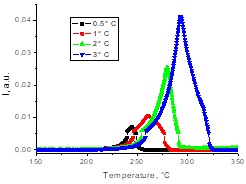
Fig.1. TDS of hydride nanocomposite
Mg–10 wt.% nano-ТіN at different heating rates
|
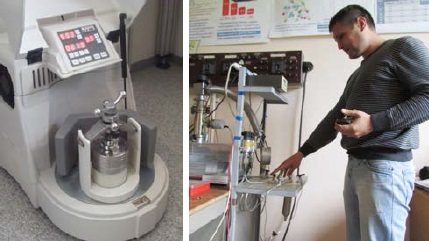
Fig.2. The equipment for mechanochemical synthesis of hydride composites and
investigation of their hydrogen sorption properties.
|
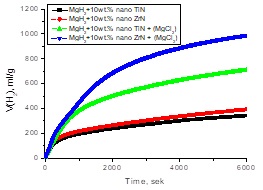
Fig.3. Hydrogen evolution in course of hydrolysis
|
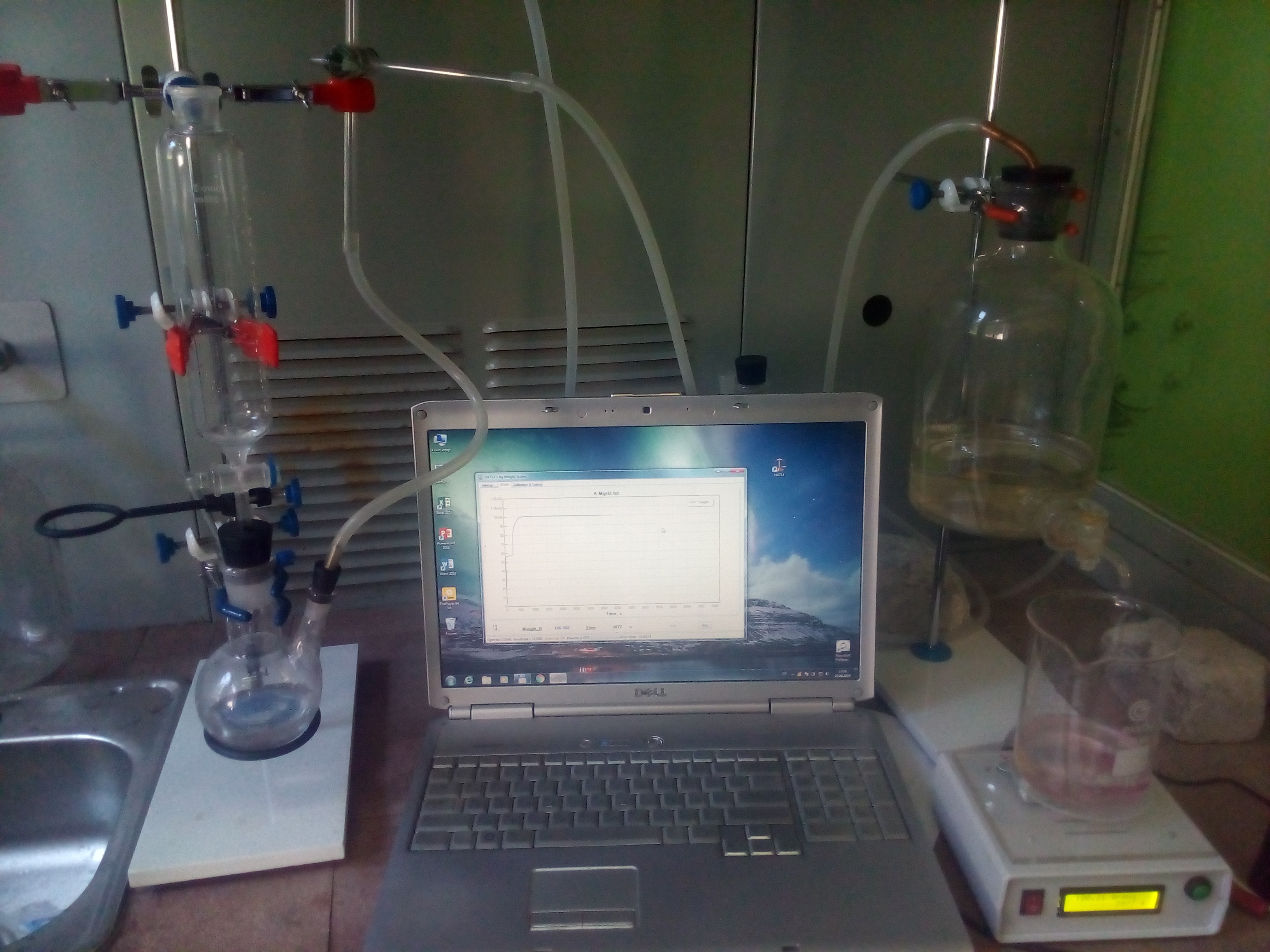
Fig.4. The experimental setup for the investigation of hydrogen generation by hydrolysis (PMI NASU)
|
Expected properties of new hydride composites
New materials (magnesium hydride + catalytic additive) for hydrolysis hydrogen generators will be synthesized and tested in portable energy supply
systems hydrogen generator — fuel cell. Series of new catalytic additives will be investigated in orded to find the best compositions of hydrogen storage
materials as well as hydrogen generating materials. The influence of nanostructuring on hydrogen generation via hydrolysis of magnesium hydride composites
will be studied
Advantages
The advantage of proposed project is possibility of generation and storage of large amounts of hydrogen using inexpensive excess of electrical
energy from renewable sources. Portable effective and environmentally clean process of energy production using hydrolysis reaction is proposed.
Stage of development
The equipment for mechanochemical synthesis was improved and the equipment for the investigation of hydrolysis reactions was constructed.
New materials (magnesium hydride + catalytic additive) for hydrogen generation via hydrolysis were synthesized. These materials will be tested in portable
energy supply systems hydrogen generator — fuel cell.
Intellectual property
Pat. 110659 Ukraine, IPC8 С01B 3/00, C22C 1/04 C22C 23/00. The way of improvement of cyclic stability of magnesium-based composite hydrogen
storage materials. / Zavaliy I.Yu.; Denys R.V.; Berezovets V.V.; Ryabov O.B.; Lyutyy P.Ya. (Ukraine). – № 201115332; Publ. 25.10.2016, Bull. №20, – 4p.
Contact information
Institute- Executor: : Karpenko Physico-mechanical institute NAS of Ukraine
Project 8 «Development of scientific and technological foundation of synthesis gas production from a mixture of hazardous organic waste»
Project leader:
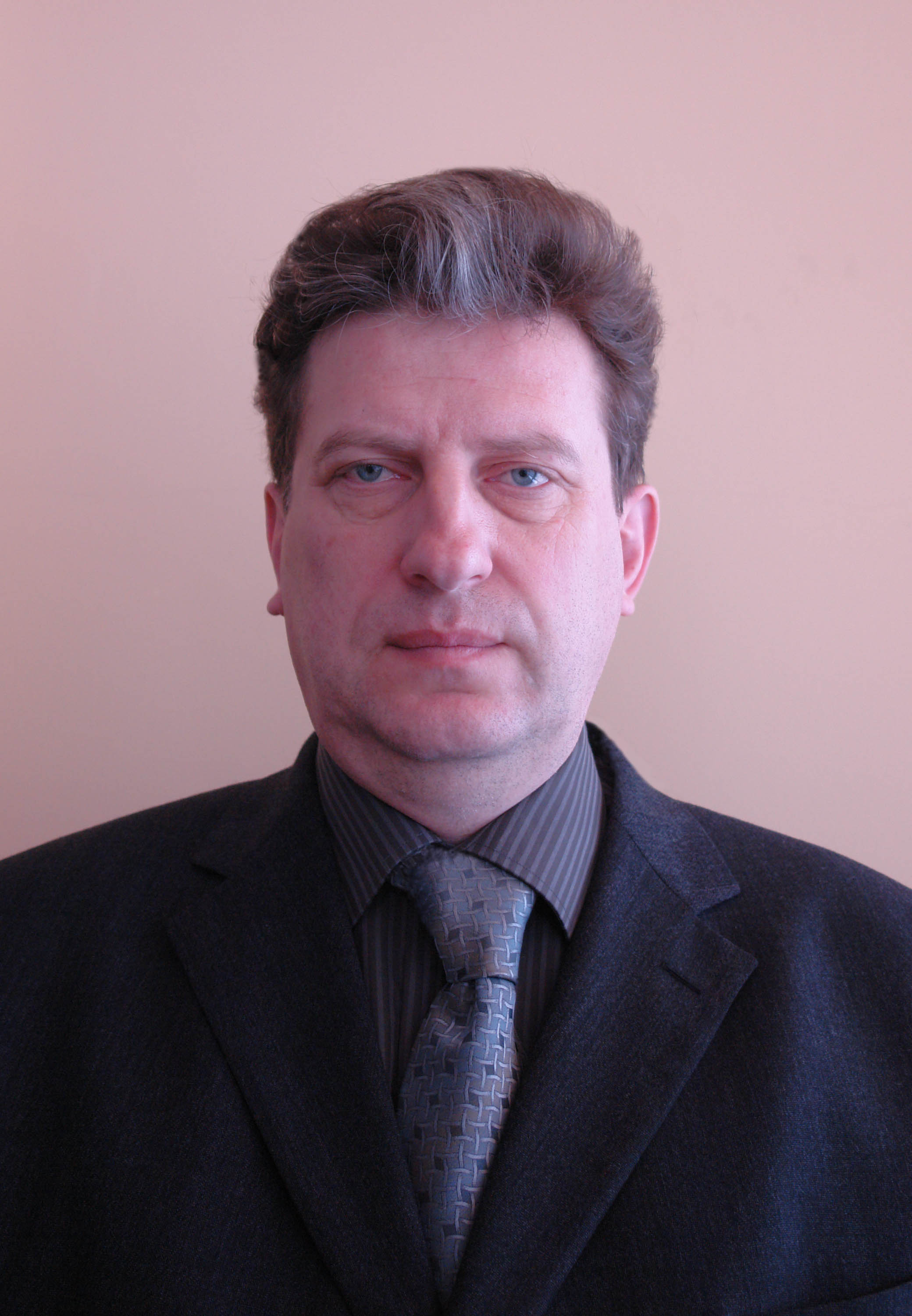 Ihor Yu. Zavaliy
Ihor Yu. Zavaliy
doctor of Chemical Sciences
professor
Head of Department of hydrogen technologies and hydride material science
Tel. +38(032) 229-68-33
E-mail: ihor.zavaliy@gmail.com
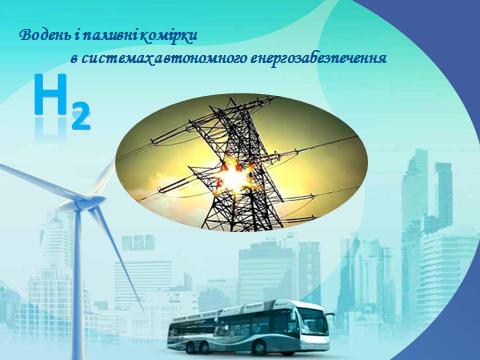
 Ihor Yu. Zavaliy
Ihor Yu. Zavaliy